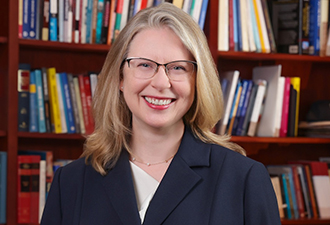Our Students
Duke Law attracts students from around the world who are incredibly smart, insatiably curious, and committed to excellence.
Through a wide variety of student organizations, seven journals, and a full slate of student-planned conferences and events, Duke Law students contribute to an academic environment that values creativity, encourages collaboration, and stresses professional development.
The Duke Law JD class of 2028 is comprised of 227 students enrolled from 6,240 applicants. They hail from 35 different U.S. states and territories and eight other countries, and represent 91 different undergraduate institutions. Their backgrounds include science, teaching, education, entertainment, the arts, politics, public policy, government, business, technology, sports, and non-profit sector work.
The class of 2028 is also exceptionally diverse. For the eighth year in a row, more than half of the class are women. Ten percent are the first in their family to go to college and 22% identify as LGBTQ+.
- GPA 25/50/75 percentiles: 3.83 / 3.91 / 3.96
- LSAT 25/50/75 percentiles: 169 / 171 / 271
- 227 students enrolled from 6,240 applicants
- Average age: 25 (ages range from 21 to 46)
- Have post-college experience: 83%
- Women: 53%, Men: 45%, Non-binary: 2%
- Asian: 18%, Black: 7%, Hispanic/Latino: 12%*
*As self-reported to LSAC during the application process and to the university during registration.
Duke Law’s curriculum begins with a slate of first-year courses designed to instill foundational knowledge in core concepts and strong legal writing and analytical skills. Upper level courses are designed to deepen legal skills and strengthen understanding of how the law informs and changes the world around us. Our goal is to provide students with the resources and tools needed to design their own curricular path—a path that excites, challenges, and prepares students for success and leadership in the law.
Many Duke Law students choose to pursue a dual degree. Duke is the only elite law school in the country that allows students to earn both a law degree and a master's degree in three years. Professional dual degree programs are four years long. The program allows for maximum flexibility by encouraging students to chart a course of specialized study.
